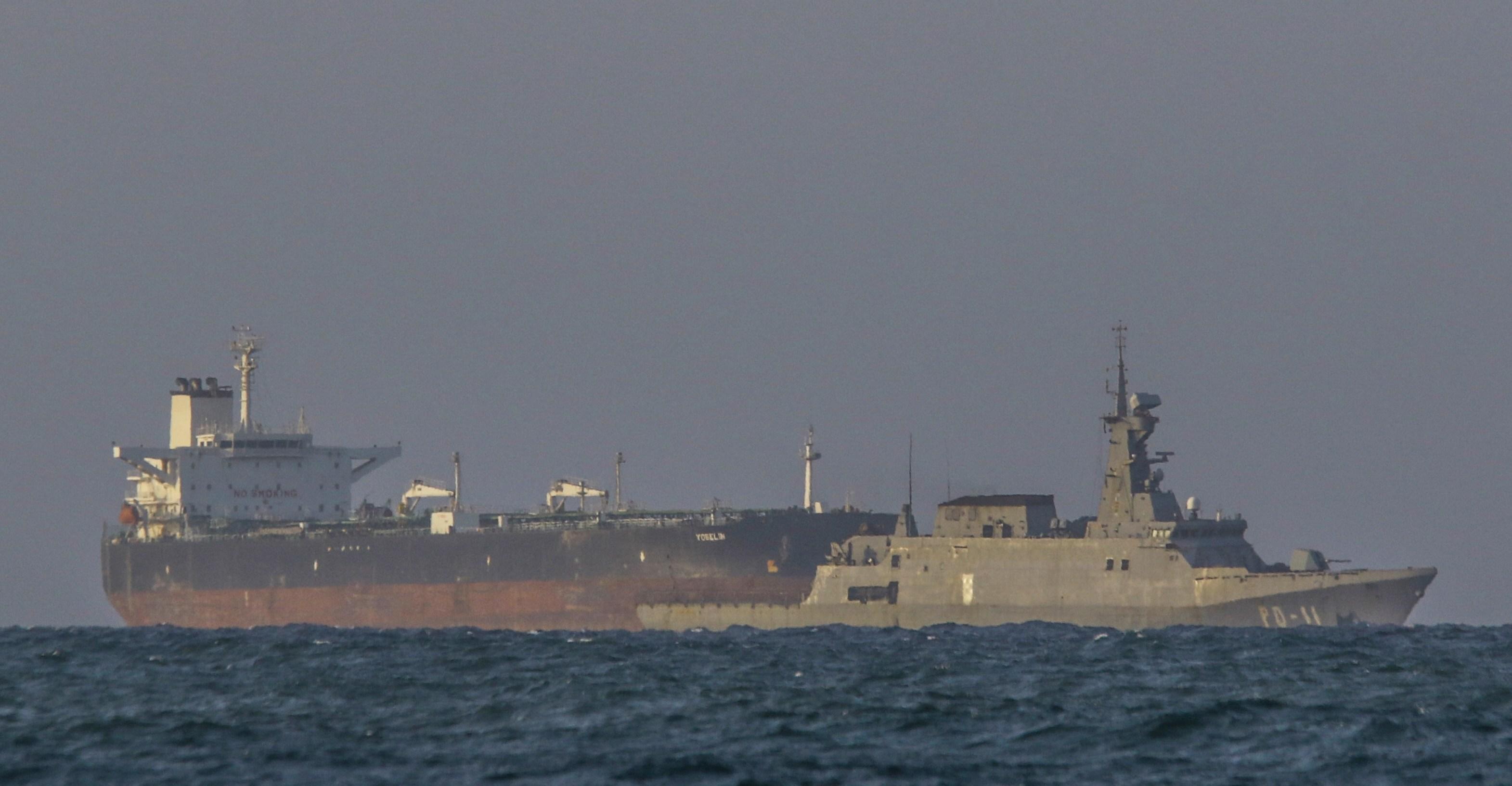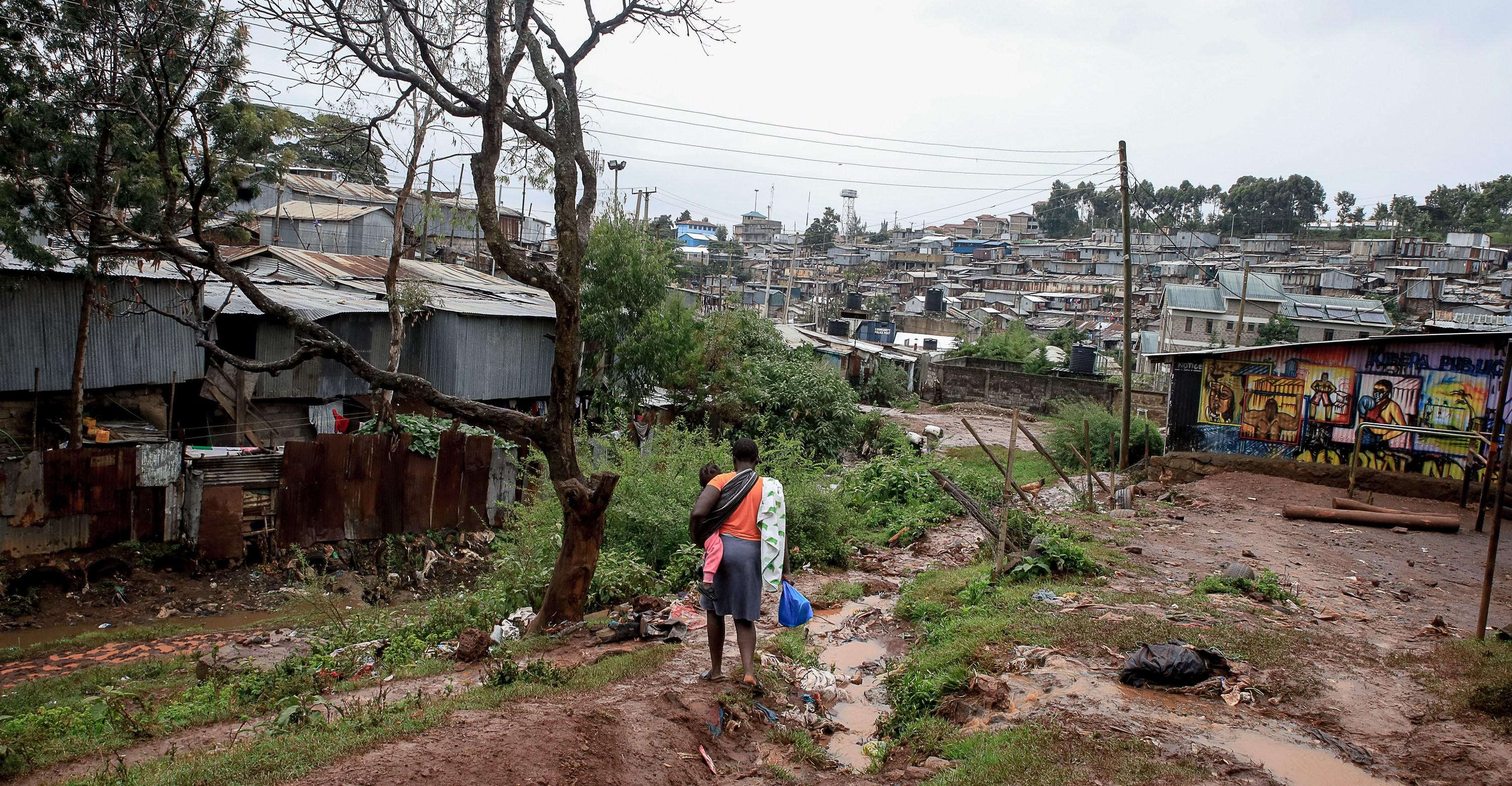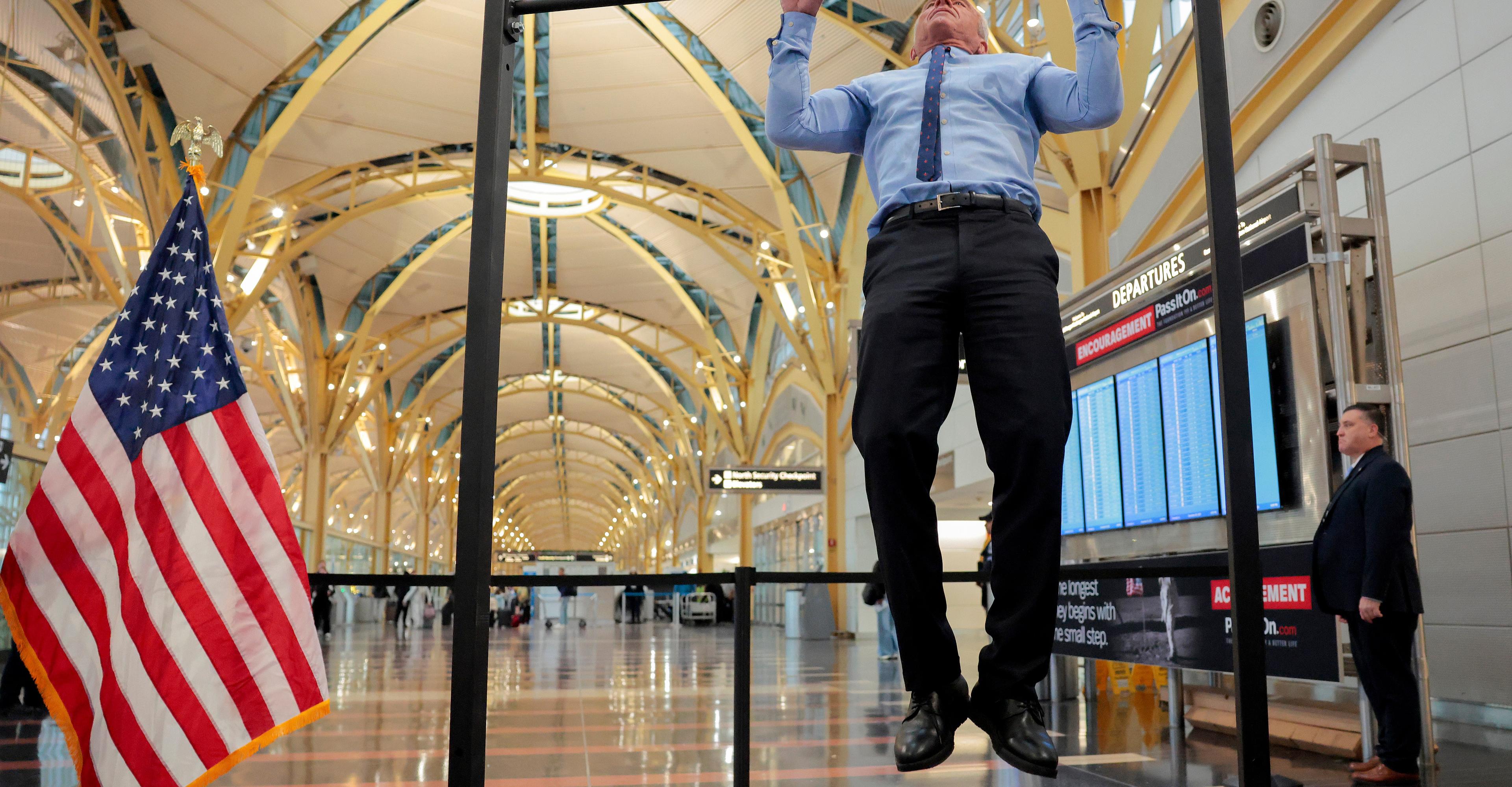Hamas has launched an unprecedented strike on Israel. Here’s what you need to know.
The IDF has launched retaliatory strikes after scores of Israeli citizens are dead and hundreds wounded.


Israel has officially declared war against Hamas following an unprecedented assault on Israeli territory by the Gaza-based militant group. The declaration comes after the Biden administration’s promise of additional support for Israel and the announced movement of several US Navy warships and aircraft squadrons into the Eastern Mediterranean. Several countries, including Egypt and Jordan, have volunteered to try to defuse the situation diplomatically.
Meanwhile, fighting in southern Israel and Gaza continued on Sunday after the Palestinian militant group Hamas launched a large, complex, and well-coordinated attack on Israel early Saturday from the territory it controls in Gaza. This comes after months of simmering conflict between Israel and Palestinians in Jerusalem, the West Bank, and Gaza.
A group of fighters from Hamas’s military arm, the Al-Qassam brigades, entered Israel Saturday — an unprecedented breach of the security apparatus that controls Palestinian movement in and out of Israel — killing at least 700 Israelis, and at least 2,243 were injured, according to the New York Times. At least 413 Palestinians have been killed and more than 2,300 injured, the Palestinian Health Ministry in Gaza reports, both in retaliatory strikes and in gunfights. There have also been reports of Hamas fighters taking hostages back into Gaza, holding Israelis hostage in their homes, and of gunfights in southern Israeli towns. US Secretary of State Antony Blinken stated on Sunday that his office is working to confirm that Americans are among the missing and dead.
Hamas has launched thousands of rockets and mortars into Israeli territory after the initial barrage of at least 2,200 on Saturday morning with additional volleys happening throughout Saturday and Sunday. That number is indicative of the massive scale of this operation; in the whole of a 50-day war between Hamas and Israel in 2014, the group, alongside others, launched a total of 4,564 rockets and mortars into Israel.
“Our enemy will pay a price the type of which it has never known,” Israeli Prime Minister Benjamin Netanyahu said about the attacks. “We are in a war and we will win it.” Under Netanyahu’s leadership, Israel has become increasingly hostile to Palestinians and encouraged Israeli settlements in parts of the West Bank, another Palestinian enclave.
Meanwhile, discussions about forming an emergency unity government between Netanyahu, Israel’s opposition leader Yair Lapid, and National Unity party leader Benny Gantz happened, but no clear resolution had been made as of Sunday.
The Israeli Defense Forces have already retaliated with airstrikes against Gaza, which has suffered from blockades by Israel and Egypt for years and has been described as an “open-air prison.” Meanwhile, Iran and Hezbollah, the Iran-backed Shia militant group based in southern Lebanon, have praised the attacks. Saudi Arabia, which is in negotiations to normalize relations with Israel, issued a statement calling for de-escalation, specifically calling out Israel for its “continued occupation, the deprivation of the Palestinian people of their legitimate rights, and the repetition of systematic provocations against its sanctities.”
In Gaza, fears of a ground assault are growing as residents have been warned in a speech by Netanyahu to “leave now” after he threatened to turn Hamas strongholds “into rubble.” Many Palestinian civilians have sought shelter at schools set up by the UN agency for Palestinian Refugees, UNRWA, as Israel hits Gaza with repeated air strikes.
Hamas leadership is calling the operation “Al-Aqsa Flood” or “Al-Aqsa Storm” after the mosque in Jerusalem, which is Islam’s third-holiest site. Palestinian worshippers have been repeatedly harassed and attacked by Israeli police and settlers at the site.
The attacks came on the final day of Sukkot, a Jewish celebration of the harvest, as well as on the 50th anniversary of the start of the 1973 Yom Kippur War, in which Egypt and Syria attacked Israel, threatening the existence of the young nation. That, too, was a surprise offensive, and though Israel eventually won the war, victory in that conflict was far from assured.
Israel’s security lapse is shocking
Hamas managed to pull off a stunning assault on several fronts, not only shooting mortars and rockets into Israeli territory but also staging an invasion via air and sea. That infiltration, as many experts have noted, is particularly shocking given Israel’s Mossad intelligence service and the tight control under which Palestinians in Gaza and the West Bank live.
“The Israelis pride themselves on having world-class intelligence, with the Mossad, with Shin Bet, with Israeli military intelligence,” Colin Clarke, director of research at the Soufan Group, a global intelligence and security consultancy, told Vox. “They do — from the most exquisite human sources to the most capable technical intelligence gathering capabilities [including] cyber and signals intelligence.”
That’s coupled with the basic surveillance that Gazans and other Palestinians live under all the time, like checkpoints to enter and exit Palestinian territory.
That culture of extreme surveillance made Saturday’s unprecedented infiltration all the more shocking; the fact that Hamas was able to pull off an operation of this size and complexity, not to mention infiltrate Israel and, as has been reported, take hostages, would have been almost unthinkable before Saturday. Yet fighters infiltrated as many as 22 Israeli sites as far as 15 miles away from Gaza’s border with Israel.
Though there is speculation about Iranian and Hezbollah involvement in the operation, there are no concrete details about what that entails as of yet. “Iran has played a major role in helping Hamas with its rocket and missile programs, and mortar programs,” Daniel Byman, a senior fellow at the Center for Strategic and International Studies, told Vox. “There’s no question about that, which was a big part of the attack,” he added.
Iran and Hezbollah also provide funding, training, and intelligence to Hamas fighters, all of which could have contributed to Saturday’s attack, both Byman and Clarke said.
However, given the tensions within Israeli society and the simmering conflict between Israel and Palestine over settlements in the West Bank and traditionally Palestinian sites in East Jerusalem, a conflict of some sort was likely.
Israel’s internal politics under Netanyahu have created a maximally polarized society under minority rule by Netanyahu’s Likud party and its right-wing coalition partners, who favor Jewish settlements in Palestinian territory as well as other conservative religious values. A recent decision to change the balance of power between Israel’s Supreme Court and its parliament, the Knesset, sent shockwaves through secular Israeli society, sparking mass protests across several sectors of the country, including Israeli Defense Force reservists.
The important question: Why did Hamas attack Israel?
Hamas is likely seeking the return of Palestinian prisoners in Israel, according to experts. In the past, the group has successfully traded a small number of Israeli hostages for Palestinians held in Israel, notably keeping Israeli soldier Gilad Shalit for five years before exchanging him for 1,000 Palestinian prisoners, the New York Times reported.
The number of hostages is as yet unknown, but they are reportedly being held both within Gaza itself and in Israeli villages where Hamas and Islamic Jihad fighters have been able to infiltrate. The hostages include a “substantial” number of both civilians and IDF soldiers, the Israeli military confirmed Saturday.
Saturday’s attack, though it’s unprecedented in scale, complexity, and surprise factor is all happening in the context of increased settlements in the West Bank, a brutal, 16-year blockade on Gaza by Israel and Egypt, the political vacuum in the Palestinian territories, the displacement of generations of Palestinians since the founding of the Israeli state, and the apartheid under which Palestinians live.
Most Gazans are either refugees from the 1948 Nakba, when mass numbers of Palestinians were displaced during the Arab-Israeli War, or descendants of those refugees, said Zaha Hassan, a human rights lawyer and fellow at the Carnegie Endowment for International Peace. They’ve lived under a strict blockade by Israel and Egypt, relying on foreign aid to access basic necessities, and about one-third of Gazans live in extreme poverty according to the Palestinian Central Bureau of Statistics. There is also little mobile connectivity, Hassan said, making communication with the outside world difficult.
Diana Buttu, a Haifa-based analyst and former legal adviser to the Palestine Liberation Organization and Palestinian negotiators, told Vox in an interview that many Palestinians were jubilant at the start of the attacks. “When you punch your abuser in the face, it feels good,” she said. “The first reaction was elation — we saw that both in Gaza and in the West Bank. In Ramallah [in the West Bank] people were over-the-top happy because it was not just a punch in the face,” but also because Hamas was able to breach the security state that defines and diminishes so many Palestinians’ lives.
Palestinians have also lived without real political representation or power for decades, both within Israel and within the Palestinian territories. Though Hamas nominally controls Gaza and the Palestinian Authority the West Bank, these parties have been unable to negotiate a solution to the crisis or to uphold democracy within the Palestinian territory. Mahmoud Abbas, president of the PA, has been in office since 2005, and neither Gaza nor the West Bank has held elections since 2006 when Hamas and Fatah, Abbas’s party, failed to make a coalition government for the West Bank and Gaza.
With Israel normalizing relationships with Arab nations — including, potentially, Saudi Arabia — and the US unlikely to take an active role in negotiations between Israel and Palestinian leadership, some Palestinians feel they have no other choice, Hassan said.
“The message has been clear to Palestinians,” Hassan said. “They can’t wait on some Arab savior and they can’t wait on the US government to act as peace broker — that they’re going to have to take matters into their own hands, whatever that looks like.”
Israel’s response is already ramping up
If the past is any indication, Israel’s response will be intended to be deterrent, not proportional — and Palestinian casualties will be heavy.
“All means are relevant, all means are legitimate against this barbaric and horrific attack toward innocent civilians — women, children. This is a barbaric organization and it is going to pay an extremely heavy price for its crimes,” Amichai Chikli, Israeli minister of diaspora affairs, said on the BBC’s Newshour program on Saturday.
Israeli airstrikes have already completely flattened several residential buildings in Gaza as well as a building that held Hamas offices. Previous conflicts between Hamas and Israel have caused disproportionate devastation for Palestinians, including decimation of their infrastructure and civilian deaths from airstrikes.
Because Israel was caught so off guard, it is likely to hit back hard. “Deterrence is about disproportionality,” Byman said. “Hamas has to take a lot more to be deterred.”
“Netanyahu in the past has tried to avoid significant ground operations in Gaza, because he knows it will be messy — really messy,” Byman said. The presence of Israeli citizens in Gaza complicates any retaliation effort, though, due to the sensitivity of that issue in Israeli consciousness. “The question is, will the political dynamic push him to that, even if it might be self-defeating for Israel in the long term?”
Correction, October 7, 3:15 pm ET: A previous version of this story misstated that the Al-Aqsa Mosque is the second-holiest site in Islam. It is the third.
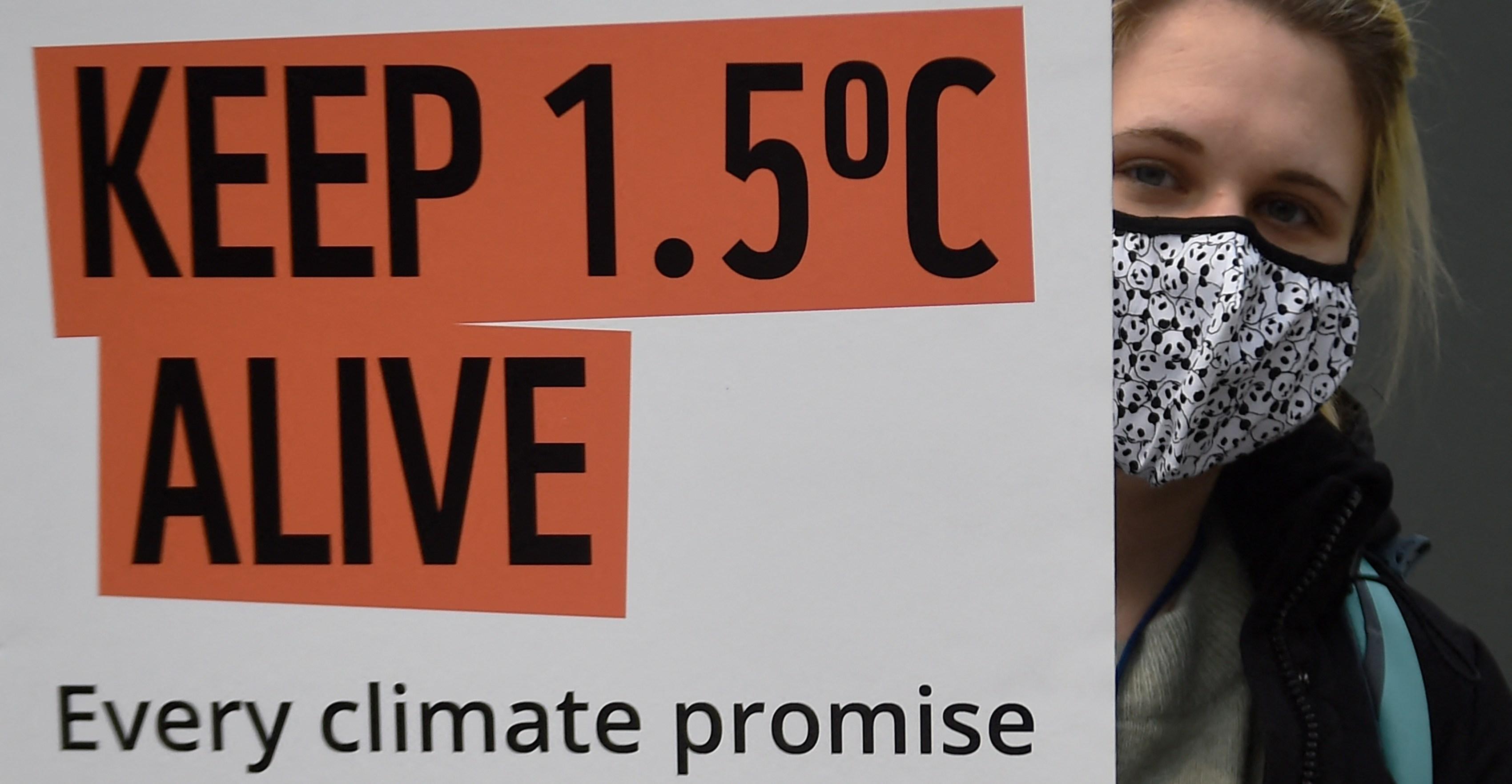
We’re passing a dangerous global warming threshold — but we’re not doomed
- 3 hours ago
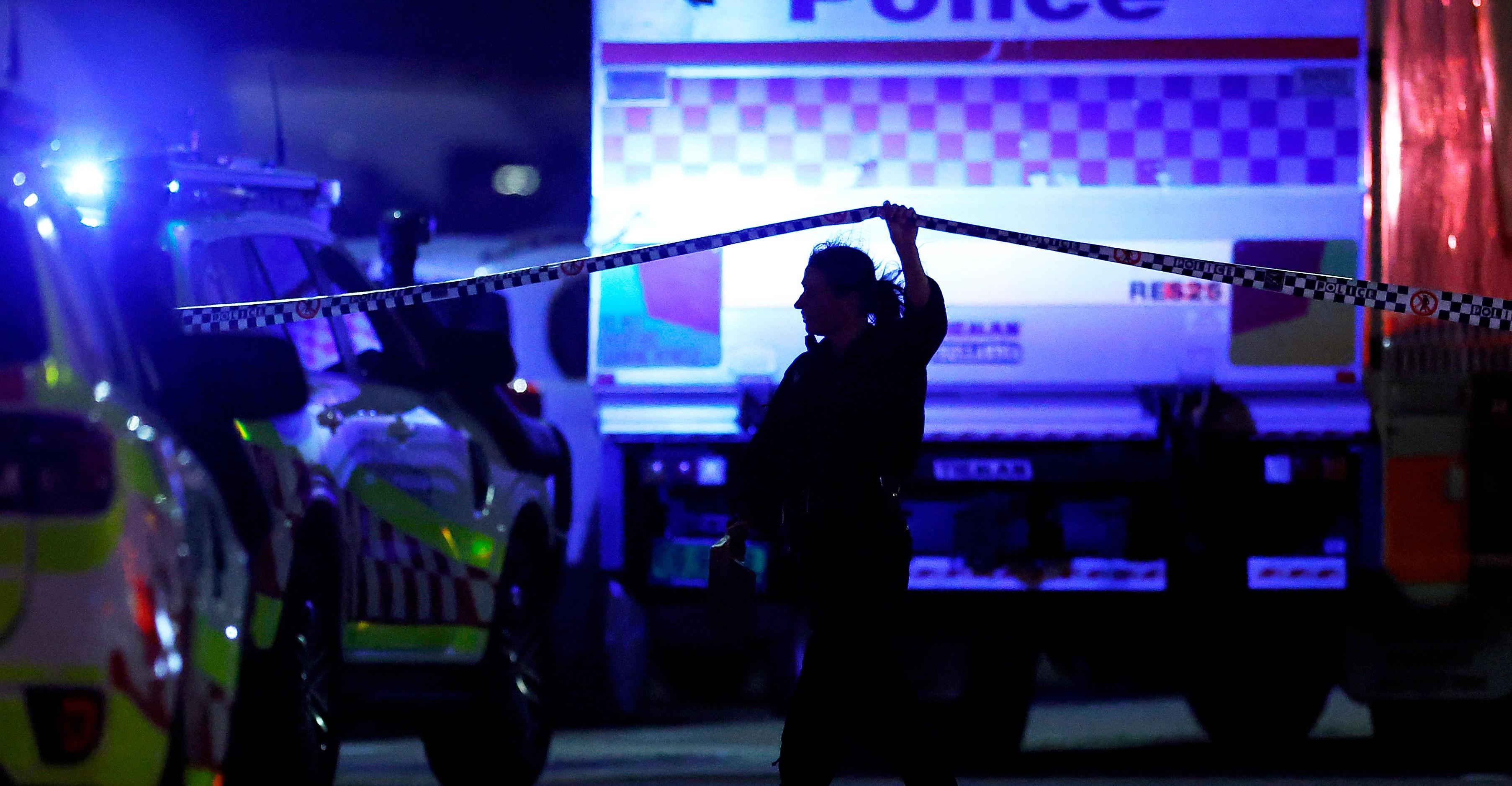
The mass shooting on Australia’s Bondi Beach, briefly explained
- 3 hours ago

Mayor emphasises importance of waste-to-energy projects for Karachi
- 12 hours ago

The looming showdown over IVF, explained
- 3 hours ago
Browns LB Bush found not guilty in assault trial
- 17 hours ago

LG enters the RGB LED fray in 2026 with the Micro RGB evo TV
- 5 hours ago

The unexpected link between your diet and your anxiety
- 3 hours ago

Who is Picea Robotics, Roomba’s new owner?
- 5 hours ago

The PS5, PlayStation Portal, and Sony’s DualSense are still on sale for a limited time
- 5 hours ago

Bungie’s delayed shooter Marathon launches in March
- 5 hours ago

Trump is recruiting Big Tech workers for the government
- 5 hours ago
25% Decline in foreign investment in Pakistan:State bank report
- 14 hours ago


